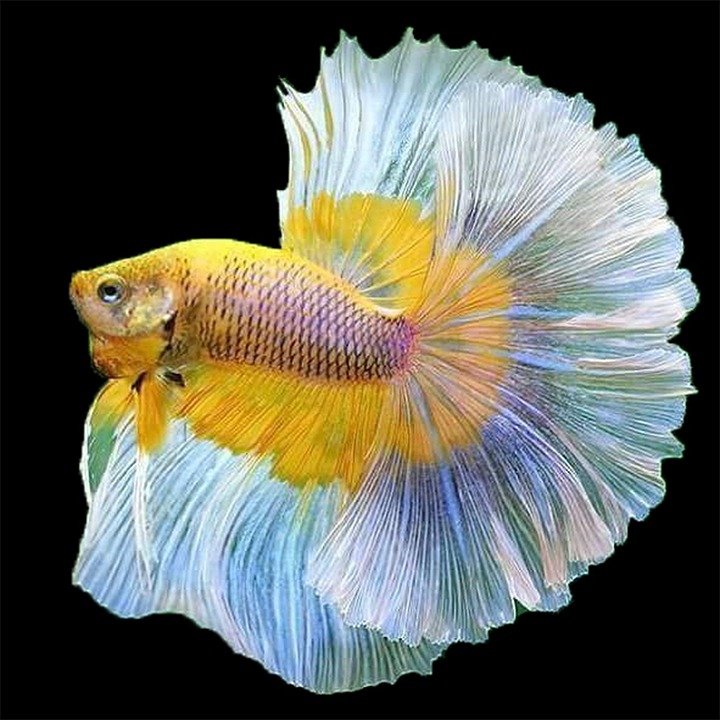Maintaining a healthy aquarium environment is crucial for the well-being of your fish. Proper nutrition is essential, but it is equally important to understand and address any mineral deficiencies that your fish may experience. In this comprehensive study, we will explore the topic of mineral deficiencies in fish tank fish, including their causes, symptoms, and prevention measures.
Minerals play a vital role in the health of fish. They are essential for various physiological processes, including growth, development, and overall well-being. Without adequate mineral intake, fish may experience stunted growth, weakened immune systems, and reproductive issues. Therefore, it is crucial to ensure that fish receive the necessary minerals to thrive.
There are several essential minerals for fish growth and development. Calcium is important for bone and scale formation, as well as nerve and muscle function. Iron is essential for the production of red blood cells and oxygen transportation. Magnesium is necessary for enzyme function and energy metabolism. Potassium plays a role in osmoregulation and nerve function.
Mineral deficiencies can have significant impacts on fish physiology. Calcium deficiency can lead to skeletal deformities, weakened bones, and poor egg development. Iron deficiency can result in anemia, reduced growth rates, and pale coloration. Magnesium deficiency may cause muscle spasms, poor growth, and abnormal behavior. Potassium deficiency can lead to muscle weakness, impaired growth, and reduced appetite.
Calcium deficiency in fish can be caused by a lack of dietary calcium or insufficient calcium levels in the aquarium water. Poor water quality, low mineral content in food, and inadequate supplementation can contribute to this deficiency. Symptoms may include softening or deformation of the bones, difficulty swimming, and reduced egg production. Preventive measures include providing a balanced diet with calcium-rich foods and adding calcium supplements to the aquarium water.
Iron deficiency can occur due to insufficient iron levels in the fish’s diet or water. Low-quality fish food, lack of plant matter, and poor water quality can contribute to this deficiency. Symptoms may include lethargy, pale gills, and reduced appetite. Preventive measures include feeding iron-rich foods, adding iron supplements, and maintaining a well-balanced aquarium ecosystem.
Magnesium deficiency can arise from low dietary magnesium intake or inadequate levels in the water. A diet lacking in magnesium-rich foods and poor water quality can lead to this deficiency. Symptoms may include muscle spasms, reduced growth, and abnormal swimming patterns. Preventive measures include providing magnesium-rich food sources and using magnesium supplements if necessary.
Potassium deficiency can result from a lack of potassium in the fish’s diet or water. Insufficient potassium levels in fish food and poor water quality can contribute to this deficiency. Symptoms may include muscle weakness, reduced appetite, and abnormal swimming behavior. Preventive measures include offering potassium-rich foods and ensuring a well-balanced aquarium environment.
Regular testing of mineral levels in the aquarium water is essential for maintaining a healthy environment for fish. Water testing kits can be used to measure calcium, iron, magnesium, and potassium levels. Balancing mineral levels can be achieved through the use of water additives and supplements specifically designed for aquariums. It is important to follow the instructions provided by manufacturers and monitor the fish’s behavior and overall health.
In conclusion, understanding mineral deficiencies in fish tank fish is vital for maintaining a thriving aquarium environment. By recognizing the importance of minerals for fish health and being aware of the common deficiencies that can occur, you can take proactive measures to prevent and address these issues. Regular water testing, appropriate supplementation, and attentive observation of your fish’s behavior will help ensure a well-balanced mineral profile and promote the overall well-being of your aquatic companions.









